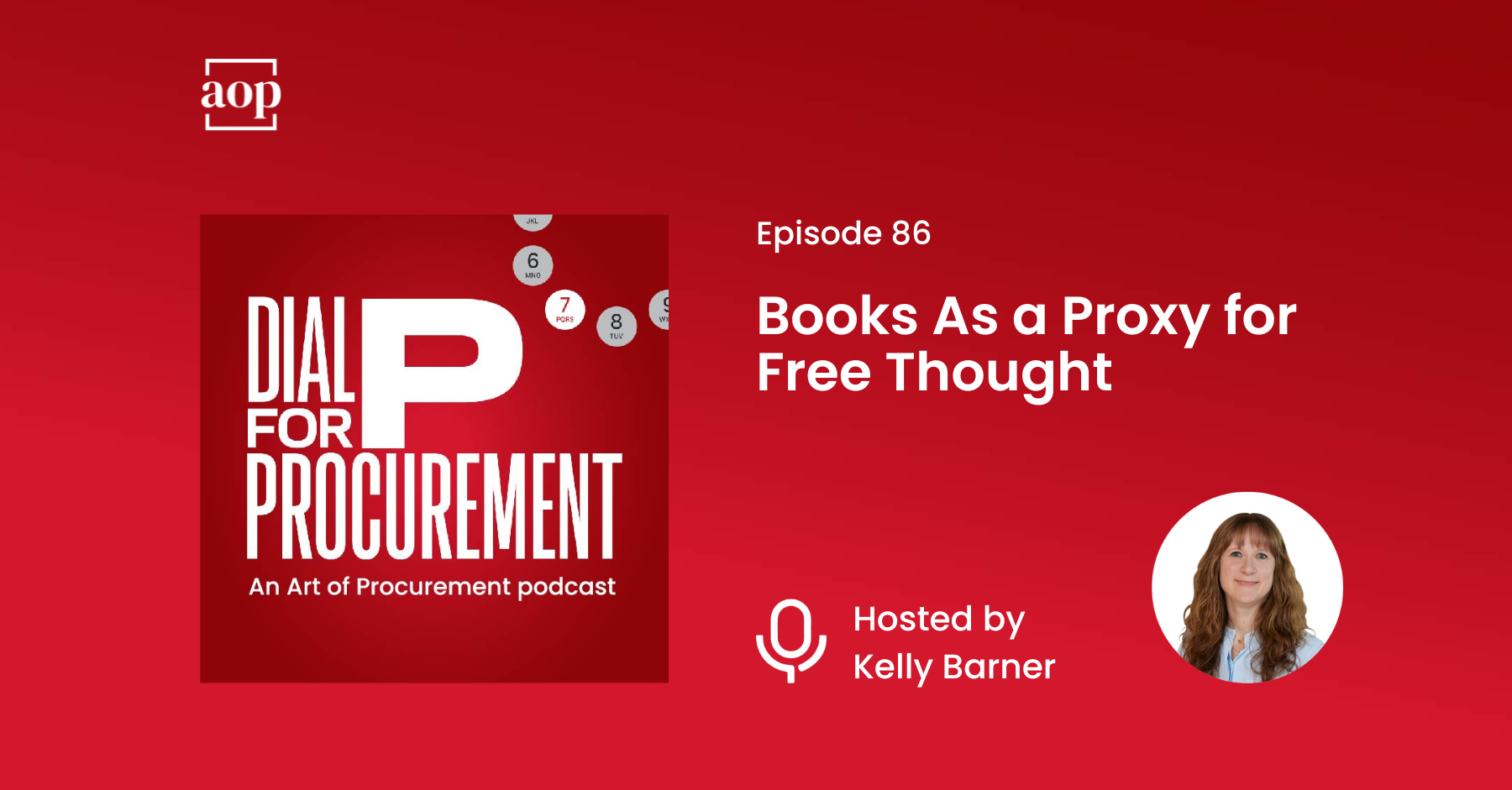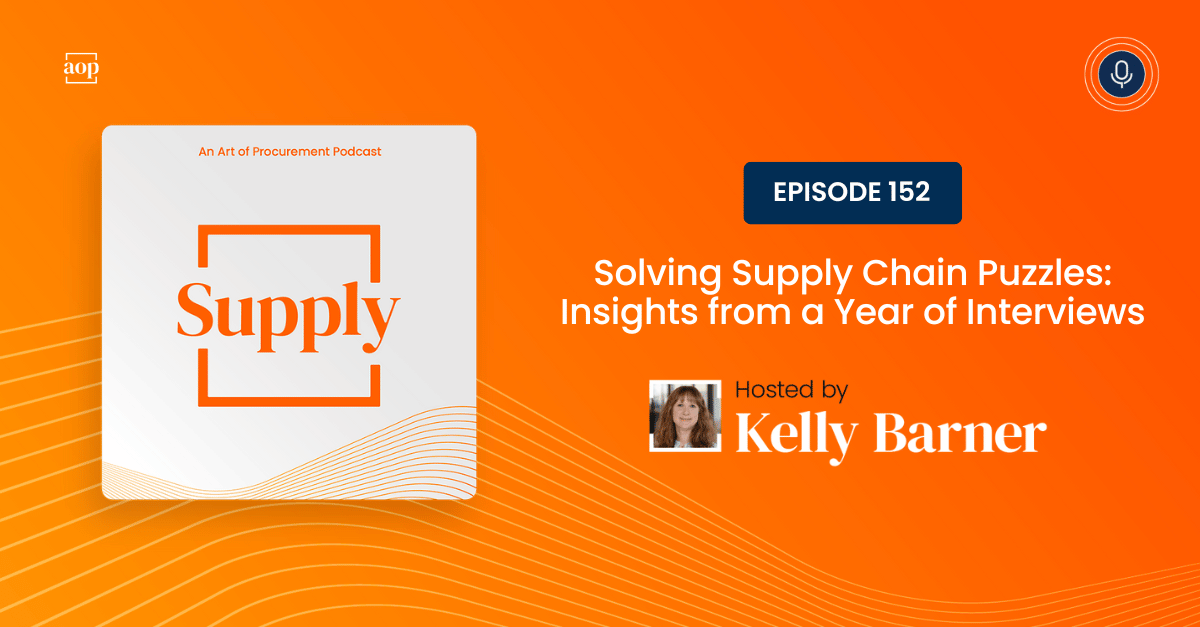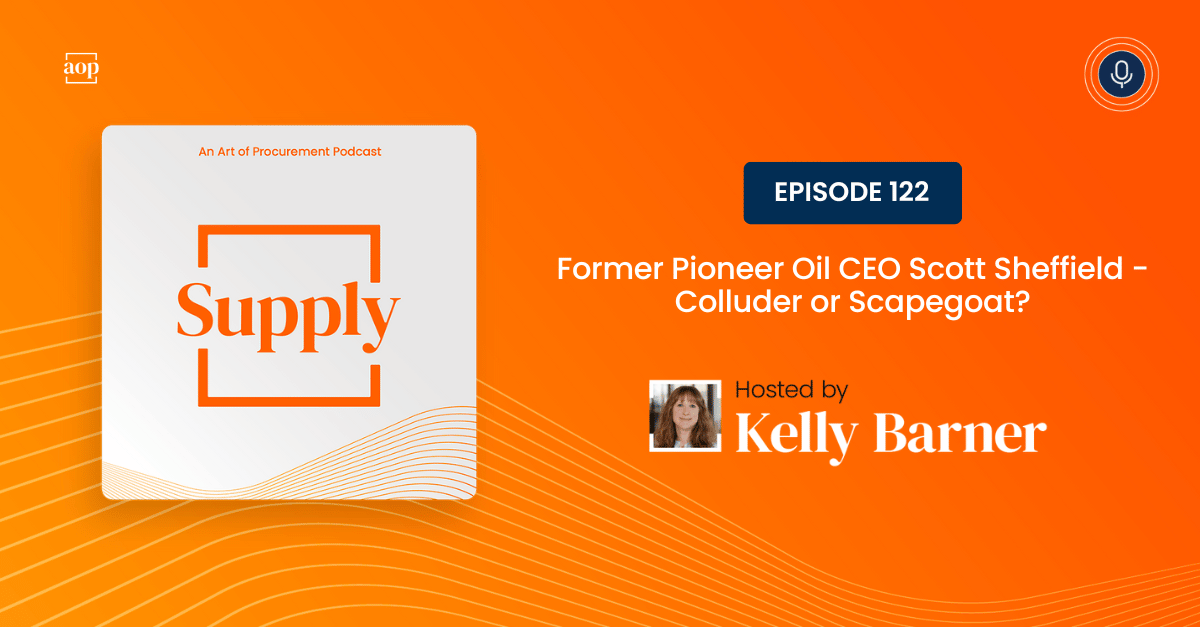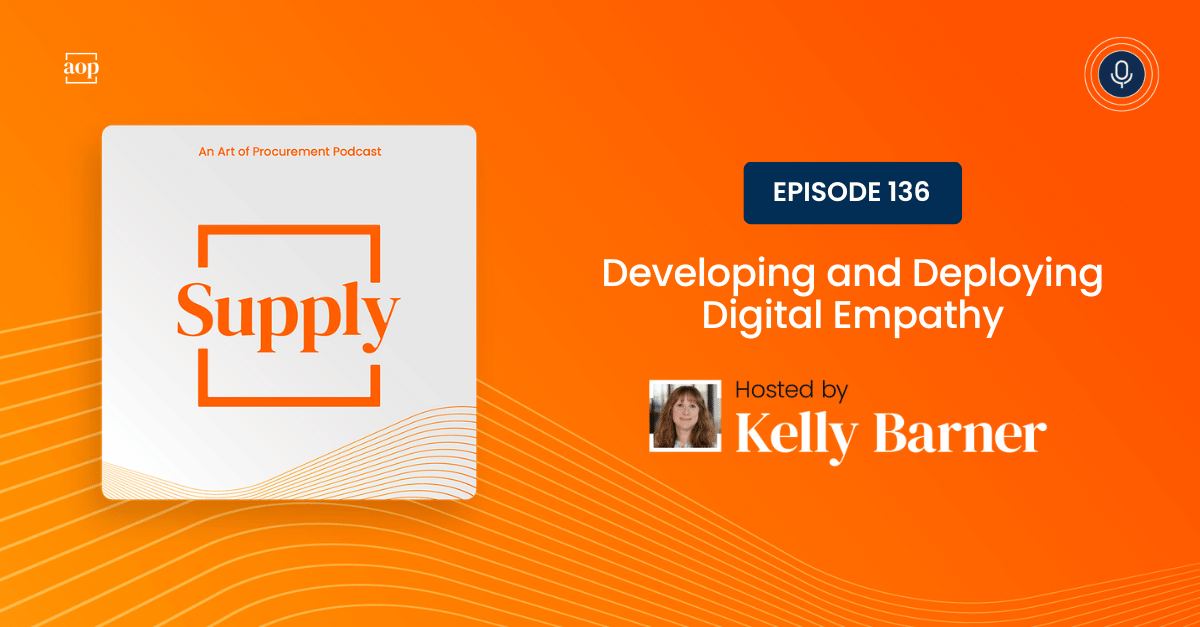
“If all printers were determined not to print anything till they were sure it would offend nobody, there would be very little printed.” ― Benjamin Franklin
In business, we talk about disruptive innovation like it is purely good. But disruption is messy, and risky, and it can be painful. It isn’t just run-of-the-mill change management, but enough change to disrupt an existing system. To overthrow it. It takes courage to lead that.
It takes a lot of conviction to lead disruptive change, conviction that comes from a new set of ideas and a belief that even if they make things worse for a while, they will eventually lead us to a better place.
That is the thinking that I bring to Dial P for Procurement this week, as I pause in recognition of Banned Books Week 2023.
Tough Times Call for Tough Conversations
Supply chain and procurement professionals have had more than their fair share of complicated situations. Nice-sounding programs like ESG contain gritty geopolitical issues like human rights. Are we willing to do what needs to be done to eradicate forced labor from the supply chain?
And then there is greenwashing, or pretending to be more sustainable than you actually are. People need to have the courage to be whistleblowers; they have to know they’re going to be given the benefit of the doubt before they put their careers on the line.
Even supplier diversity isn’t as straightforward as we would like it to be. People may hold back their comments because they’re not sure which words the person they’re talking to expects to hear around gender, race, and ethnicity. So they self-censor and important conversations don’t happen, which means progress isn’t made.
In order to have a robust understanding of what’s going on in the world around us, each of us needs to broaden our perspective through candid discussions. By encountering more ideas, we have more potential solutions to consider, and therefore, hopefully better selected outcomes.
Don’t Expect to Like Everything You Read
We have to reacquaint ourselves with the ability to constructively disagree with others. It reminds me of learning to read books I didn’t like. As an English major, I remember being taught that I didn’t have to like a book, but I did have to understand and appreciate it for what it is.
Similarly, we need to learn to listen to and understand the perspectives of people we disagree with. Freedom of speech is like a safety valve. Systems that don’t have one may boil over or fail because there is no outlet for diverse opinions. Environments become self constraining.
Can you imagine a situation where a project or a business has failed and everybody is sitting around the table afterward trying to diagnose what went wrong? Every single person probably has a different answer in their head, but it is so much safer to shrug and say, “Who knows? We did everything we could. We tried as hard as we could. We worked long hours.”
That’s the downside to a postmortem, the patient is always dead. If people can’t be honest, everyone loses the opportunity to head off failures or to learn from them once they’ve happened.
Who decides what can be said?
If some content is okay, and other content is not okay, who will be the arbiter of that? Who will be the master curator? I don’t want to be that person, but I don’t want anyone else to be that person either. I’m not going to trust anyone that positions themselves as qualified to become the arbiter or curator of others’ ideas.
Although books can be banned, nobody has figured out a way to ban thought (yet). The ideas are out there, spoken or unspoken. They aren’t going away, but they aren’t being brought into the solutioning process either.
If you ban a book, I want to know why. If you think a book is so powerful that I shouldn’t read it, I need to know what’s inside that cover. If you tell me an opinion can’t be voiced, I want to know why. I want to know more about the perspective and the experience behind your opinion.
It is an unfortunate reality that sometimes it hurts to hear the truth. Leaving it unspoken doesn’t make it any less true, it just prevents everyone from acknowledging it, and processing it, and healing and then moving on.
Saturday, October 7th is Let Freedom Read day. Mark it by broadening your horizons. Read a banned book. Turn on a news station you usually disagree with. Take a step outside of yourself and leave your comfort zone behind.
Some content is lousy, and some of it is hurtful, and some will make you very uncomfortable. That is the power of words. Better to face them head on and keep going than to hide them from sight.







